Misalignment Part 2: How to Get Back In Line
The consequences of misalignment
In the previous post, we examined the disconnect between our investing goals with God’s word, values, and priorities. When our investing goals don’t align with God’s goals, there are significant consequences for the world around us.
Billions of dollars of capital are tied up in funds and accounts owned by Christian investors. This piling up of resources means missed opportunities to start businesses in hard to reach locations that promote economic development in emerging economies. It also means that businesses serving trafficked women and children and providing economic freedom for families trapped in poverty struggle for the capital needed for them to prosper. When businesses suffer from lack of capital, those they serve also suffer.
I believe that God’s heart breaks when His children hoard wealth and do not release it to alleviate the pain, suffering, brokenness, and spiritual hunger prevalent in the world.
Making others aware and helping them to deploy assets to further God’s kingdom on earth is my calling and service. For many years I helped investors avoid investing in businesses making profits in ways opposed to their personal values. Now I help investors proactively engage in portfolios that align with and further God’s values on earth.
Moving from biblically responsible investing to proactive values investing
BRI, biblically responsible investing, is an investment discipline which suggests that Christians should screen their portfolios for companies that do not align with their Christian values. Christians can and should act on BRI principles and avoid participation in the negatives of the investment world.
However, BRI alone is insufficient for a steward investor. We need to go beyond filtering out what we don’t like or are opposed to. We must instead deliberately seek investments that promote the good things that Christians believe and which align with the loving God we serve. We ought to learn how to proactively invest in ways that advance God’s kingdom. We should not just avoid investments that are in opposition to His values.
Proactive Values Investing (PVI) is an investment discipline which goes beyond BRI because it not only eliminates investments that offend our moral beliefs but also proactively includes investments that deliberately and intentionally seek to bring prosperity and blessing to all stakeholders. PVI deploys investment capital so that Jesus is purposefully made known and glorified.
Young people are on to something.
Dr. Ervin Starr, Chair of Undergraduate Business at Roberts Wesleyan College in Rochester, NY, declares that, “There is a call amongst this generation to be stewards of our resources and to make financial decisions that align with people and planet, along with profit.”
He also adds, “Young people are hungry to understand solid biblical financial wisdom. They understand investing and want to do so more responsibly.”
Jesus has gone ahead of us to declare God’s goodness and generosity to the world. We have a responsibility to match his selflessness in a way that puts others’ needs ahead of our own. We can do this by aligning our investment practices with God’s word. Let’s generously deploy our resources in His service.
Even as our culture advocates socially responsible investing, with an eye to protect the planet and restore dignity to workers around the world, Christ followers need to match that passion. Young and old need to even surpass it with our investing practices.
